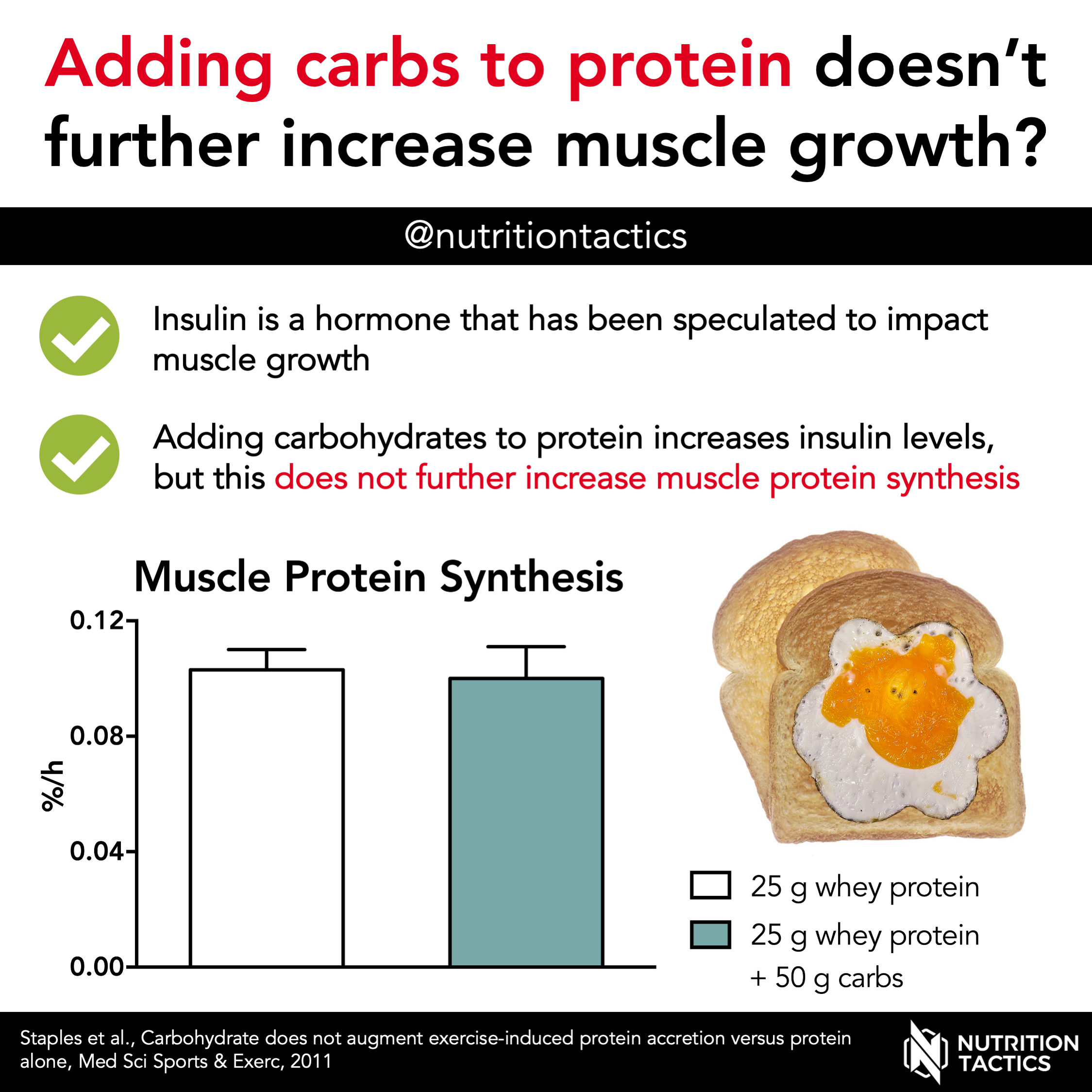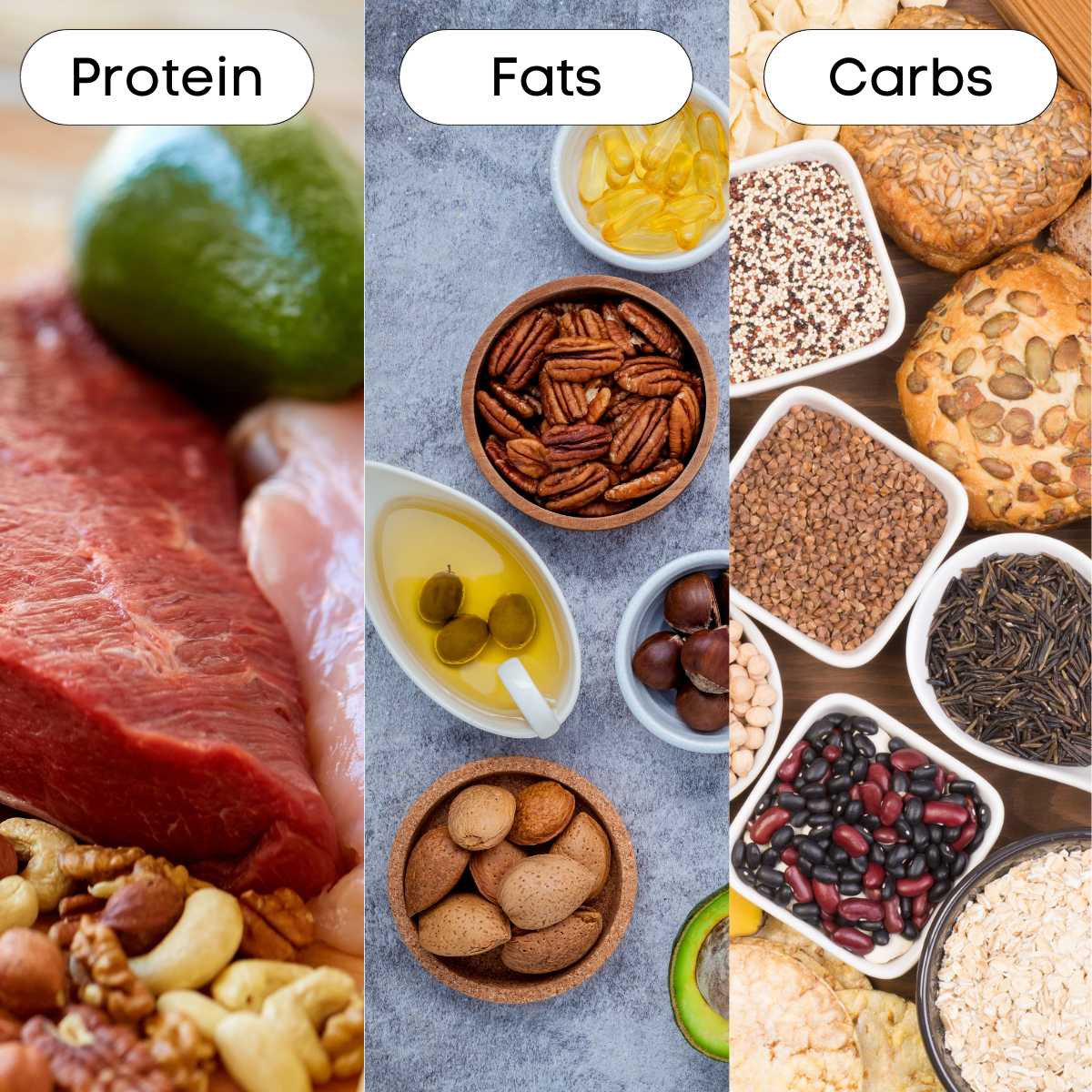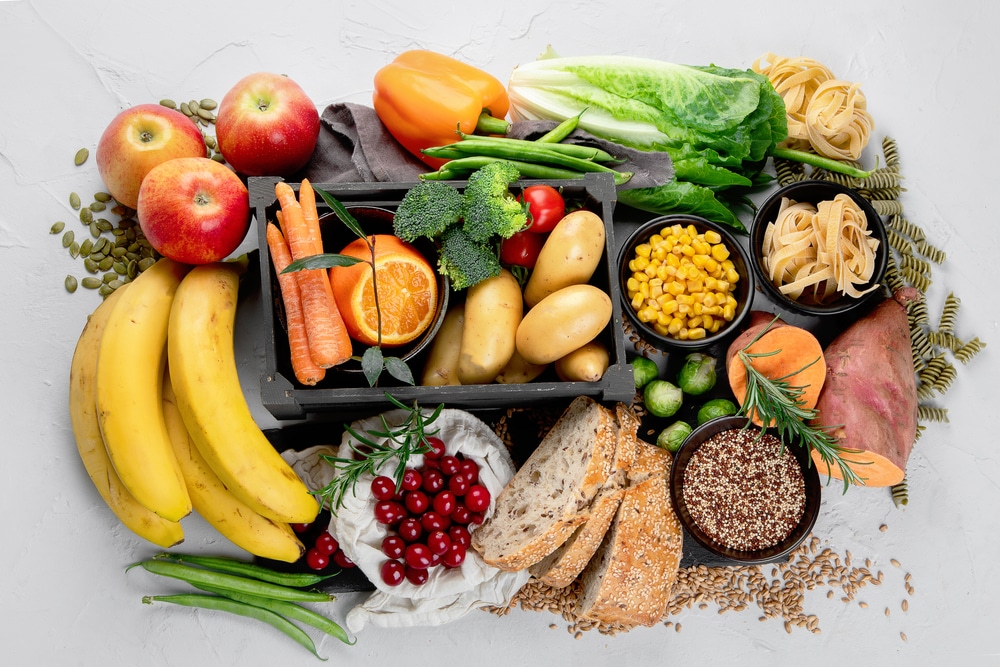Proven Strategies to Optimize Muscle Growth with Carbohydrates in 2025
In recent years, the role of carbohydrates (Kohlenhydrate) in muscle growth (Muskelaufbau) has gained significant attention from fitness enthusiasts and professionals alike. With a myriad of conflicting opinions about dietary intake, it’s vital to understand how to effectively use carbohydrates to enhance muscle growth. Whether you’re a seasoned athlete or a casual gym-goer, knowing how to properly incorporate carbs into your diet can significantly affect your training success and overall performance.
This article will explore effective strategies to maximize your muscle growth by understanding the importance of carbohydrates in your diet. You will learn about the ideal carbohydrate sources, timing of intake, and how they can be paired with proteins to achieve optimal muscle development. Additionally, we’ll focus on practical tips to incorporate these nutrients into your regimen for sustained energy and muscle replenishment.
Stay tuned as we delve into the science of carbohydrates and how you can leverage their benefits for optimal training results. Key takeaways include the importance of carb timing, choosing the right type of carbohydrates, and expert nutrition tips to maximize your workouts.

Essential Guide to Carbohydrates in Muscle Growth
Carbohydrates play a crucial role in muscle growth, acting as a primary energy source for athletes and individuals who engage in strength training. To understand the significance of carbohydrates in your diet, it’s essential to learn about their different types, how they function in the body, and their role in overall nutrition.
Definitions and Types of Carbohydrates
Carbohydrates can be classified into simple and complex types. Simple carbohydrates (Kurzkettige Kohlenhydrate) are rapidly digested and provide quick energy, while complex carbohydrates (Langkettige Kohlenhydrate) are digested slowly, offering sustained energy release. Understanding this distinction is essential for optimal muscle growth and recovery.
For instance, consuming simple carbs like fruits or honey can be beneficial for immediate energy needs, especially before or after intense workouts. In contrast, complex carbs such as whole grains and legumes should be included in your meals to maintain energy levels throughout the day.
How Carbohydrates Support Muscle Recovery
After an intense workout session, muscle recovery is crucial. Consuming carbohydrates post-workout aids in the replenishment of glycogen stores (Glycogen Speicher)—the stored form of glucose in muscles—allowing for optimal recovery and readiness for the next training session.
Research has shown that combining carbohydrates with protein after a workout can enhance muscle repair and growth effectively. An ideal ratio of carbohydrates to protein after training is around 3:1, which can further boost glycogen synthesis and muscle recovery.
Carbohydrate Sources for Athletes
Selecting the right carbohydrate sources is vital for ensuring your body gets the necessary nutrients to support muscle growth. Healthy carbohydrates (gesunde Kohlenhydrate) can be found in various foods, such as:
- Whole grains: Oats, brown rice, and quinoa are excellent sources of complex carbohydrates.
- Fruits: Bananas, berries, and apples provide essential vitamins along with quick energy.
- Vegetables: Sweet potatoes and leafy greens are rich in fiber and nutrients.
- Legumes: Beans and lentils not only provide carbohydrates but also protein and fiber.
Incorporating these foods into your diet can provide the energy you need for intense workouts and ensure that your body is adequately fueled.
Timing Your Carbohydrate Intake for Maximum Gains
When you consume carbohydrates is just as important as the type of carbohydrates you consume. Timing your intake strategically can maximize muscle growth and enhance energy availability during workouts.
Carbohydrates Before Training: Fueling Your Performance
Consuming carbohydrates before training can significantly impact your performance. It is essential to eat a meal rich in carbohydrates about 30 to 60 minutes before exercise to ensure that you have readily available energy for your workout.
Consider options like a banana with peanut butter or a bowl of oatmeal if you need a quick carbohydrate snack. This meal will provide your body with the energy required for lifting weights or performing high-intensity exercises.
Post-Workout Carbohydrates: Replenishing Glycogen Stores
After a workout, your muscles are in a state where they can rapidly take up glucose to replenish glycogen stores. This is where consuming carbohydrates post-training becomes critical. Foods rich in carbohydrates should ideally be consumed within 30 minutes to 2 hours after your workout.
Simple carbs, such as a protein shake with added fruits or a low-fat yogurt, work best during this window. These food options promote faster recovery and help to prepare your muscles for future training sessions.
Carbohydrates and Meal Planning
Meal planning is vital when trying to optimize carbohydrate intake. Understanding how to balance your meals with the right proportions of carbohydrates, proteins, and fats is essential for building muscle effectively. You can use resources such as nutrition guides and meal planning apps to create your personalized meal plan to reach your goals.
Nutrient Pairing: Carbohydrates and Protein
The synergy between carbohydrates and proteins is a foundational concept in muscle building. The proper ratios will help maximize muscle recovery and growth, making it essential for anyone serious about their fitness.
The Role of Proteins in Building Muscle
Proteins are the building blocks of muscle. When combined with carbohydrates in the right ratios, they help facilitate muscle repair and growth post-exercise. Consuming protein immediately after workouts ensures your muscles receive the necessary amino acids to rebuild tissue quickly.
Combining Carbohydrates and Proteins for Optimal Results
Eating a meal that includes both carbohydrates and protein will enhance your muscle recovery. Popular post-workout meals include a whey protein shake with a banana or chicken with sweet potatoes. These combinations not only replenish glycogen stores but also provide the necessary proteins for muscle synthesis.
Expert Recommendations on Nutrient Timing
Experts suggest planning your meals to include both carbs and proteins before and after workouts. The ideal strategy involves maintaining a balanced macronutrient profile throughout the day and focusing on the timing of intake to ensure optimal energy levels and muscle repair.

Tips for Choosing the Right Carbohydrates
Not all carbohydrates are created equal. Selecting the right types can make a significant difference in your training results and overall health. Here, we provide tips for choosing healthy carbohydrates.
Focus on Whole Foods
Choosing whole, unprocessed foods is crucial for obtaining the best nutritional value. Whole grains, fruits, vegetables, and legumes contain not just carbohydrates, but also essential vitamins, minerals, and fiber that aid in digestion and overall health.
Avoiding Simple Sugars and Processed Foods
While it’s essential to fuel your body, not all carbohydrates are beneficial. Excessive intake of simple sugars found in candies, sodas, and processed foods can lead to energy spikes and subsequently crashes, which are counterproductive for training. Focus on nutrient-dense foods for your carbohydrate sources.
Adjusting Carbohydrates Based on Activity Level
Your carbohydrate needs may vary depending on training intensity and frequency. It’s essential to adjust your carbohydrate intake based on your daily energy expenditure. Individuals engaging in intense training or preparing for competitions may require higher carbohydrate levels than those engaged in moderate exercise.
Q&A: Common Questions About Carbohydrates and Muscle Growth
1. How many carbohydrates should I consume for muscle growth?
The optimal amount of carbohydrates varies based on individual needs, but a general guideline is to include 3-7 grams of carbohydrates per kilogram of body weight, adjusted according to your workout intensity.
2. Can I get enough carbohydrates from a vegetarian diet?
Absolutely! Incorporating a variety of whole grains, legumes, fruits, and vegetables can provide sufficient carbohydrates for muscle growth in a vegetarian diet.
3. Are low-carb diets effective for muscle building?
While low-carb diets may work for weight loss and fat loss, they can impede muscle growth and recovery. Adequate carbohydrates are necessary to fuel workouts and replenish glycogen stores.
4. What are the best carbohydrates to consume before a workout?
Good options include bananas, oatmeal, and whole grain toast with nut butter, which provide quick energy and enhance workout performance.
5. When is the best time to eat carbohydrates after a workout?
Ideally, carbohydrates should be consumed within 30 minutes to 2 hours post-workout to maximize glycogen replenishment and muscle recovery.
In conclusion, understanding the role of carbohydrates (Kohlenhydrate) is key to unlocking your muscle growth potential. By strategically incorporating carbohydrates into your diet before and after workouts, alongside a balanced intake of proteins, you can optimize your training success and achieve your fitness goals.
